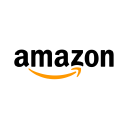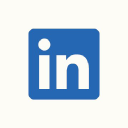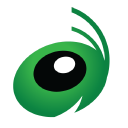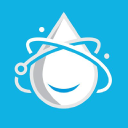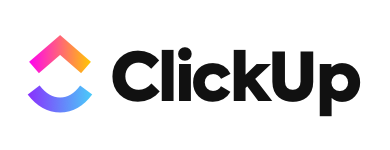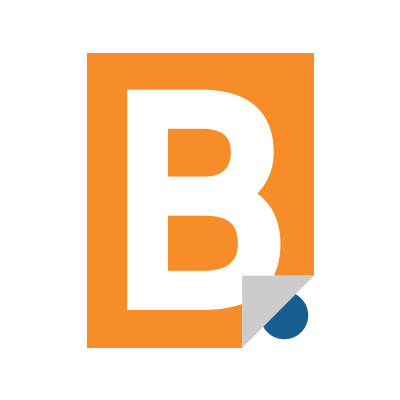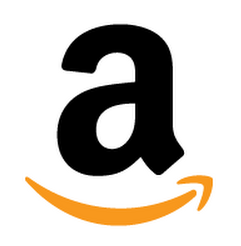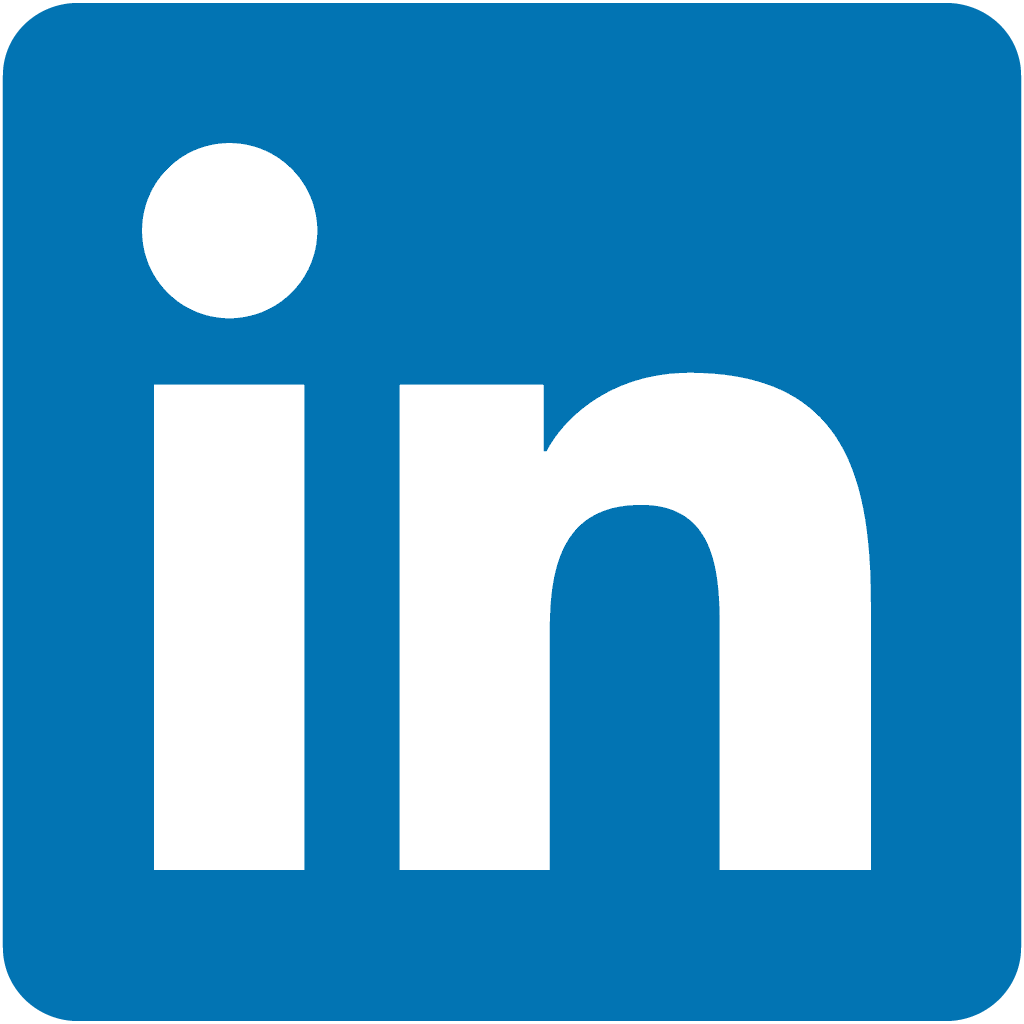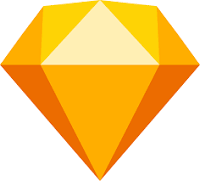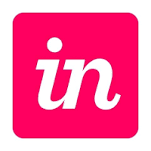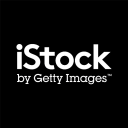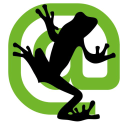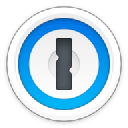How I Grew My Digital Marketing Agency To $3.5M/Year
Note: This business is no longer running. It was started in 2015 and ended in 2024. Reason for closure: Shut down.
Hello! Who are you and what business did you start?
Hey all, my name is Tyler Pigott and I founded Lone Fir Creative back in 2015, starting with $300. Our company operates in two different areas. The first is helping brands get their strategy in place, how they want to be perceived by their customers, who they are going after, what their story is, and then rolling that out to all that branding and marketing materials. Then the second area we focus on is amplifying that message and brand to get in front of more of their customers.
Our goal is to help brands with ambitious goals grow. Our team is built with creative problem solvers, so our approach doesn’t bulk us into a traditional branding and marketing shop. We still do lots of those activities and tactics for clients but are built around the strategy of how to go get what the brand's goals are over the next 12+ months. Most of our clients fit into three buckets, technology, academics, and healthcare, often crossing over between those, think ed-tech or health-tech.
We run what we call the Revenue Operating System (ROS), see the graphic below. It starts with research,...



